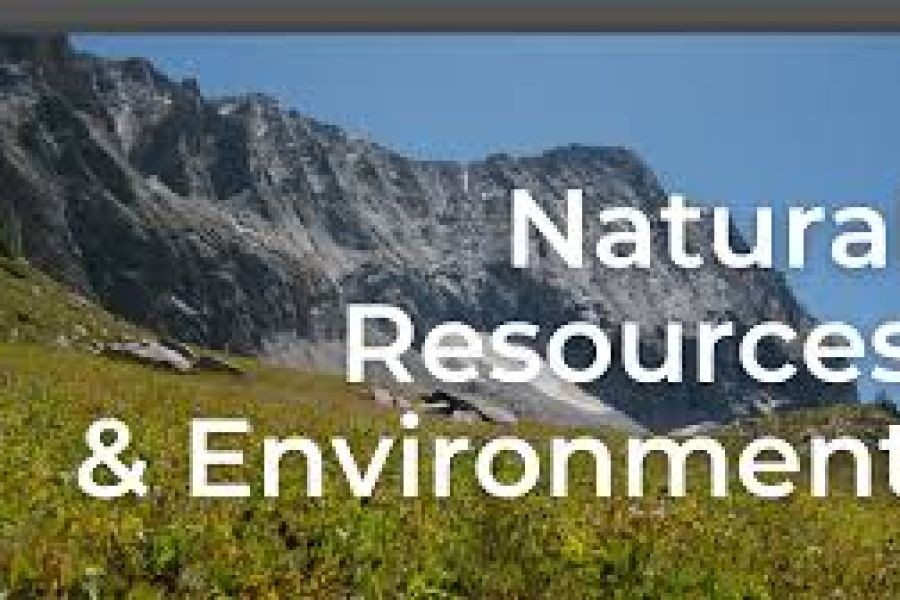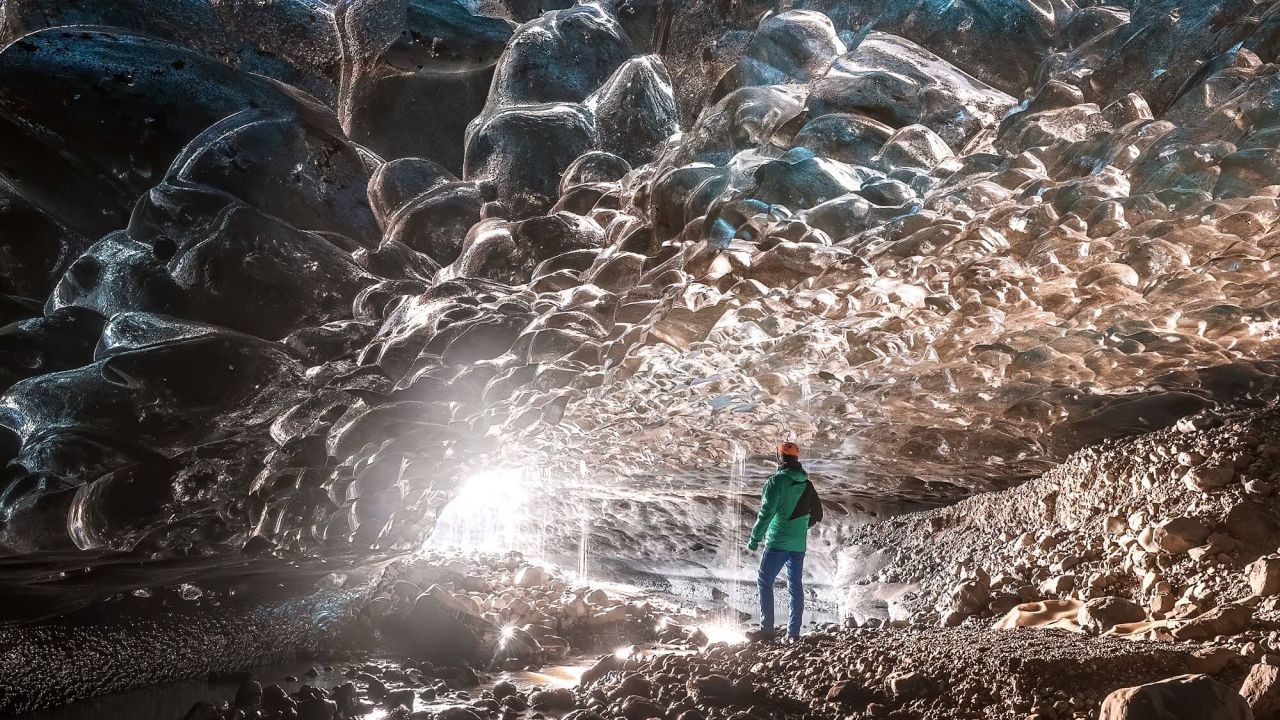New Zealand is often celebrated for its breathtaking landscapes and rich natural resources, which are pivotal to its economic framework. However, beneath this picturesque surface lies a complex narrative about the country's economic reliance on these resources. Understanding this reliance is crucial for innovation consultants, as it shapes the strategic landscape for businesses and policymakers alike.
The Backbone of New Zealand's Economy
New Zealand's economy has long been intertwined with its natural resources, particularly agriculture, forestry, and fishing. These sectors contribute significantly to the nation's GDP and employment. According to Stats NZ, the primary industries accounted for approximately 7% of New Zealand's GDP in 2022, with agriculture alone contributing $13 billion annually.
Despite this substantial contribution, the reliance on natural resources poses several challenges. For instance, the dependence on agricultural exports makes the economy vulnerable to global market fluctuations and climate change impacts. As innovation consultants, understanding these dynamics is crucial for advising businesses on risk management and diversification strategies.
Case Study: Fonterra – Navigating Global Market Fluctuations
Problem: Fonterra, a leading dairy cooperative, faced significant challenges due to volatile global dairy prices and increased competition from international markets.
Action: To counteract these challenges, Fonterra diversified its product offerings and invested in high-value nutritional products. The company also focused on improving its sustainability practices to meet consumer demands for environmentally friendly products.
Result: As a result of these strategic shifts, Fonterra reported a 25% increase in revenue from its high-value products in 2023, demonstrating the effectiveness of diversification and sustainability in bolstering resilience against market volatility.
Takeaway: This case highlights the importance of innovation and adaptability in navigating the challenges posed by reliance on natural resources.
Balancing Resource Utilization and Environmental Impact
New Zealand's economic reliance on natural resources raises concerns about environmental sustainability. The agricultural sector, while economically vital, is a significant contributor to greenhouse gas emissions. The Ministry for the Environment reports that agriculture accounts for nearly 50% of the country's emissions, primarily from methane produced by livestock.
Addressing these environmental challenges requires a delicate balance between economic growth and sustainability. Innovation consultants play a key role in guiding businesses towards sustainable practices that reduce their environmental footprint without sacrificing profitability. This involves integrating technologies such as precision agriculture and sustainable farming practices.
Contrasting Viewpoints: Economic Growth vs. Environmental Sustainability
Advocates of economic growth argue that maximizing resource utilization is essential for maintaining New Zealand's competitive edge in global markets. They point to the significant economic benefits derived from the primary industries.
Conversely, environmental advocates emphasize the urgent need to reduce the ecological impact of resource extraction. They argue that long-term economic stability is contingent on sustainable practices that preserve natural ecosystems.
Finding a middle ground between these perspectives involves adopting innovative technologies and practices that enhance productivity while minimizing environmental harm. This approach ensures that New Zealand can sustain its economic prosperity without compromising its natural heritage.
Debunking Myths About New Zealand's Resource Reliance
- Myth: "Natural resources ensure economic stability."Reality: Economic stability is contingent on diversification and innovation, as reliance on natural resources exposes the economy to external shocks.
- Myth: "Sustainable practices hinder economic growth."Reality: Sustainable practices can enhance efficiency and open new markets, ultimately driving economic growth.
- Myth: "New Zealand has an endless supply of natural resources."Reality: Natural resources are finite, and over-exploitation can lead to depletion and environmental degradation.
Future Trends and Predictions
Looking ahead, New Zealand's economic landscape is set to evolve as emerging trends reshape the role of natural resources. By 2030, it is predicted that technological advancements will significantly reduce the environmental impact of agriculture, with precision farming and biotechnology playing pivotal roles.
Additionally, the transition to a low-carbon economy will drive demand for renewable energy sources. The government has set ambitious targets to achieve 100% renewable electricity generation by 2035, positioning the country as a leader in sustainable energy solutions.
Final Takeaways
- Understanding the challenges and opportunities of New Zealand's resource reliance is crucial for strategic decision-making.
- Diversification and sustainability are key to building resilience against market fluctuations and environmental pressures.
- Innovation consultants can guide businesses in adopting technologies and practices that enhance productivity while minimizing environmental impact.
- Embracing sustainable practices can drive economic growth and open new market opportunities.
Conclusion
New Zealand's economic reliance on natural resources presents both challenges and opportunities. By embracing innovation and sustainable practices, businesses can navigate these complexities and build a resilient economic future. As an innovation consultant, your role is pivotal in guiding businesses towards strategies that balance economic growth with environmental stewardship.
What are your thoughts on New Zealand's economic reliance on natural resources? How can businesses leverage innovation to navigate these challenges? Share your insights below!
People Also Ask
How does New Zealand's reliance on natural resources impact its economy? The reliance on natural resources contributes significantly to GDP but exposes the economy to global market fluctuations and environmental pressures. What are the biggest misconceptions about New Zealand's natural resource reliance? A common myth is that natural resources ensure economic stability. However, diversification and innovation are crucial for long-term stability. What strategies can businesses adopt to reduce environmental impact? Businesses can adopt precision agriculture, invest in sustainable practices, and leverage renewable energy sources to minimize environmental impact.
Related Search Queries
- New Zealand natural resources economy
- Sustainability in New Zealand agriculture
- New Zealand renewable energy targets
- Economic impact of agriculture in New Zealand
- Environmental challenges in New Zealand
- Innovation in New Zealand's primary industries
- Future of New Zealand's economy
- Natural resource management in New Zealand
- Diversification strategies for New Zealand businesses
- Impact of climate change on New Zealand's economy
































mymealguru
8 months ago